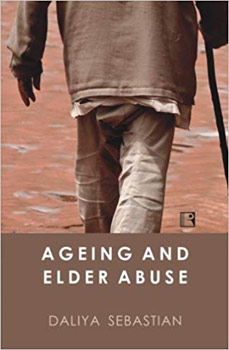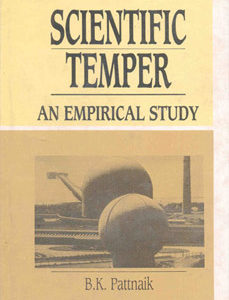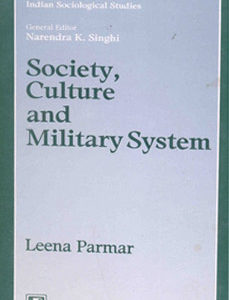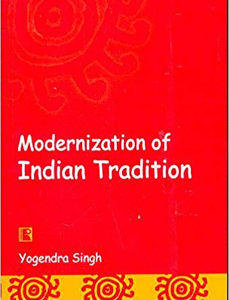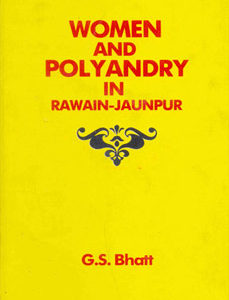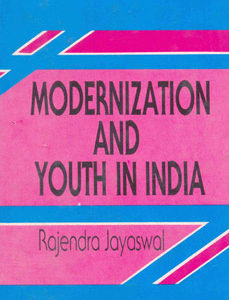AGEING AND ELDER ABUSE: A Study in Kerala
₹445.00 Original price was: ₹445.00.₹356.00Current price is: ₹356.00.
25 in stock
Over the past decades, the world?s population has traversed its course of demographic transition path from a state of high birth and death rates to low birth and death rates. The result of that transition has led to the growth in the number and proportion of elderly. While this has been recognized for sometimes in the developed countries, it is only recently that this phenomenon has been fully acknowledged in developing countries like India.
Kerala being in an advanced stage of demographic transition and health care is called the greying state of India. Less number of children and increase in the migration of youth to other countries have increased the woes of elderly in manifold ways. Family, as the primary care-giving support system, has crumbled away due to the disintegration of joint families and the absence of a government support system leaves our elderly abused and neglected. There are also incidences of abuse and neglect of elderly living in the families. Since no empirical study about this serious issue has been conducted so far, this book presents an account of the extent and nature of abuse and neglect faced by elderly in family as well as institutional setting and also their living arrangements, support mechanism and interaction with second and third generations. It will be of considerable interest to all those working in the field of gerontology and social work.
Contents
1. Ageing: An Introduction
2. The Present Research
3. Socio-Demographic Scenario of Ageing
4. What is Elder Abuse?
5. The Studied Population
6. The Extent and Nature of Elder Abuse within Households
7. Socio-Psychological Implications of Elderly Abuse / Neglect
8. Abuse and Neglect in Old Age Homes
9. Summary, Conclusions and Policy Implications
| Author's Name | |
|---|---|
| Binding | |
| Release Year | |
| Language | |
| Publisher |
Related products
Sociology
Sociology
Sociology
Sociology
Sociology
Sociology

